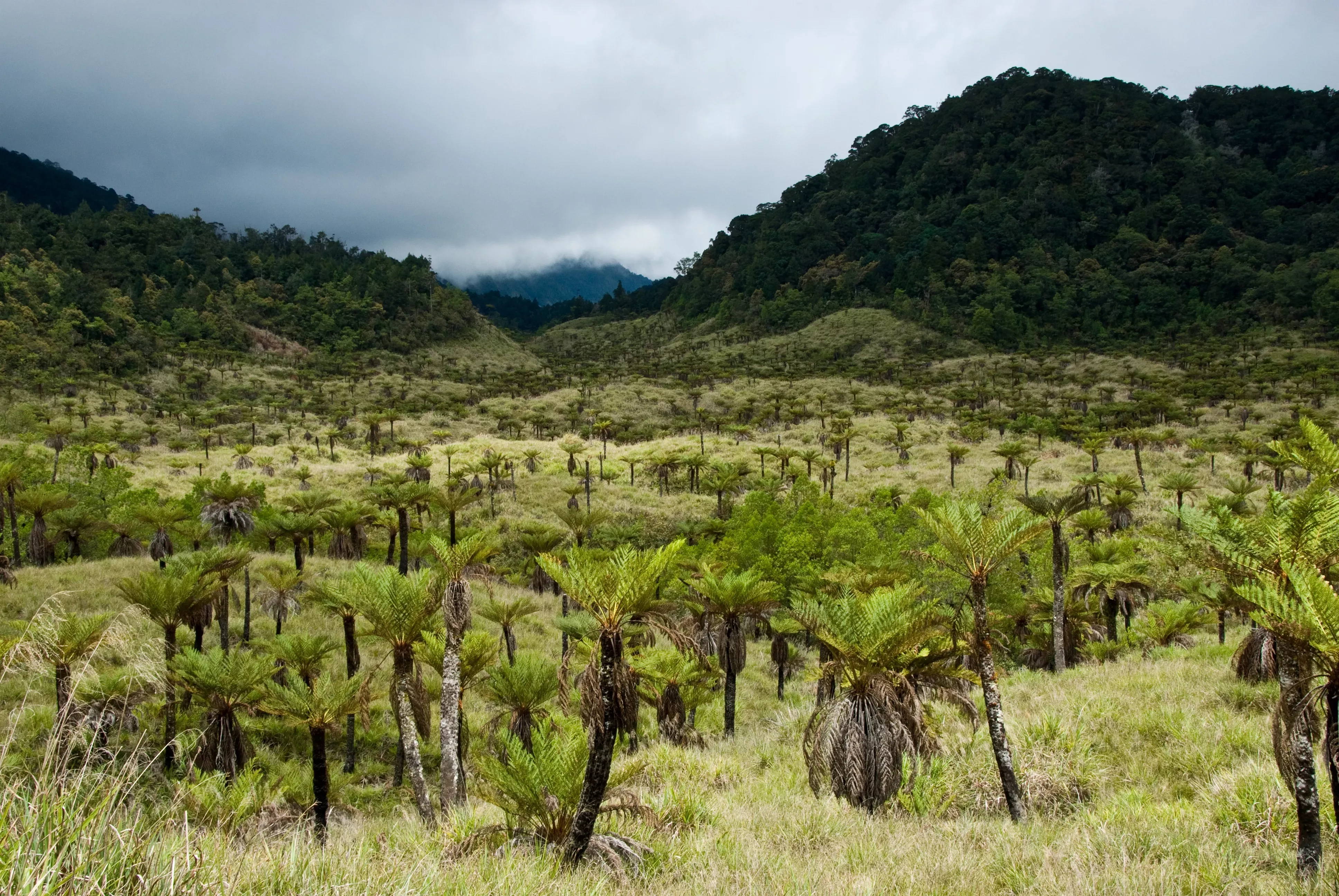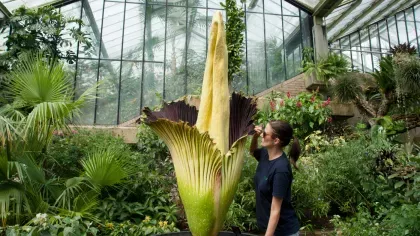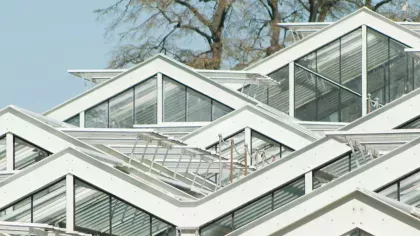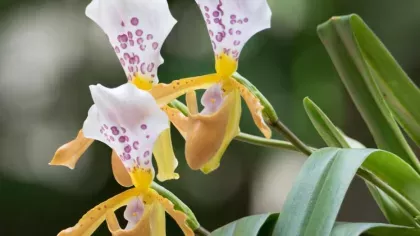23 January 2020
Indonesia: A treasure trove of biodiversity
From coral reefs to active volcanoes, Indonesia’s rich landscapes are home to a huge number of diverse species.

Indonesia’s natural riches
Indonesia, with over 17,500 islands, is one of the largest archipelagos in the world which boasts rich biodiversity.
With habitats ranging from coral reefs to glaciers, Indonesia is home to around 6% of the world’s flowering plants (over 25,000 plant species), many of which can’t be found anywhere else in the world.
Earthquakes, volcanic eruptions, and sea level changes have shaped Indonesia’s dynamic and rich landscape where so many new species remain to be discovered.
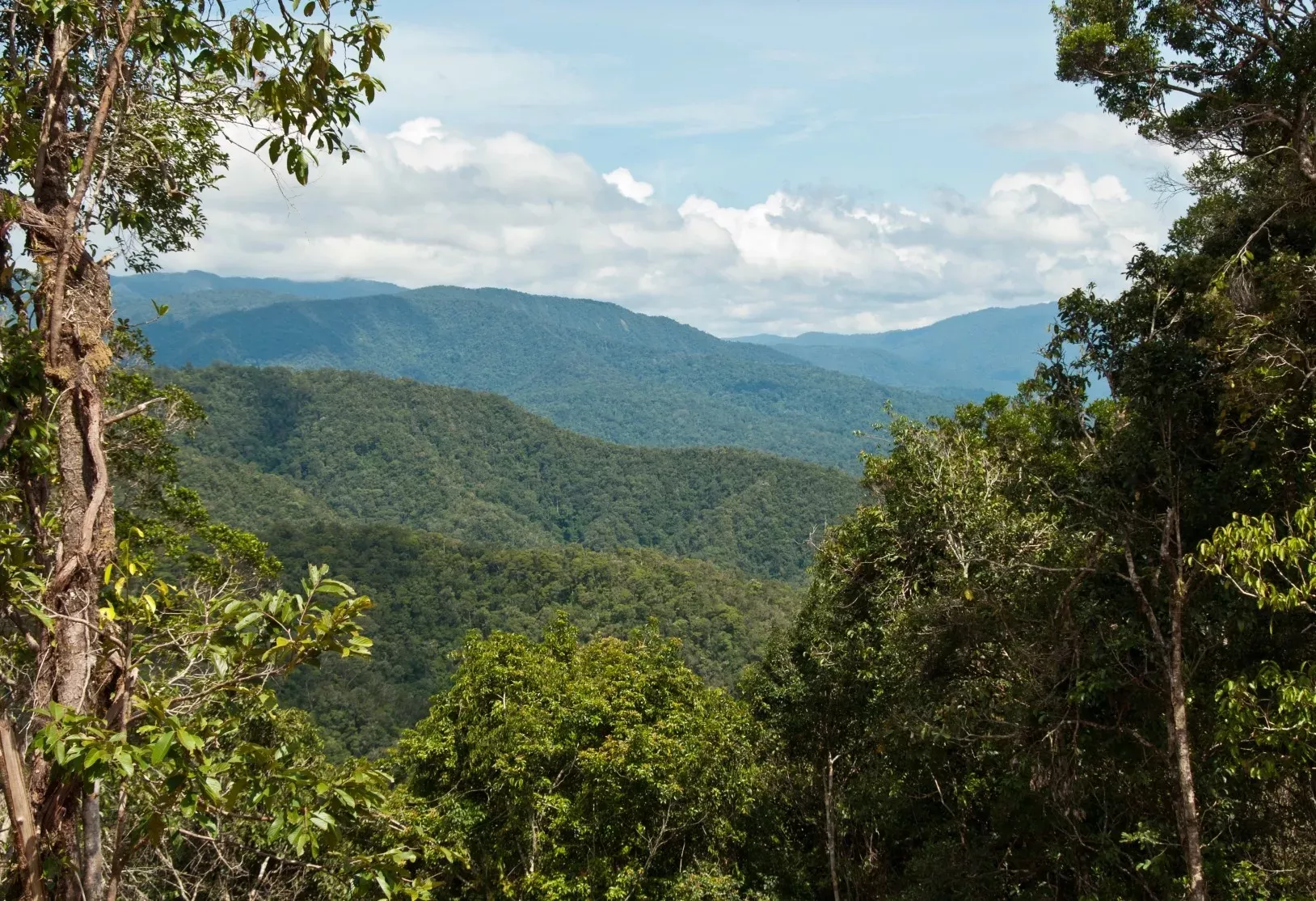
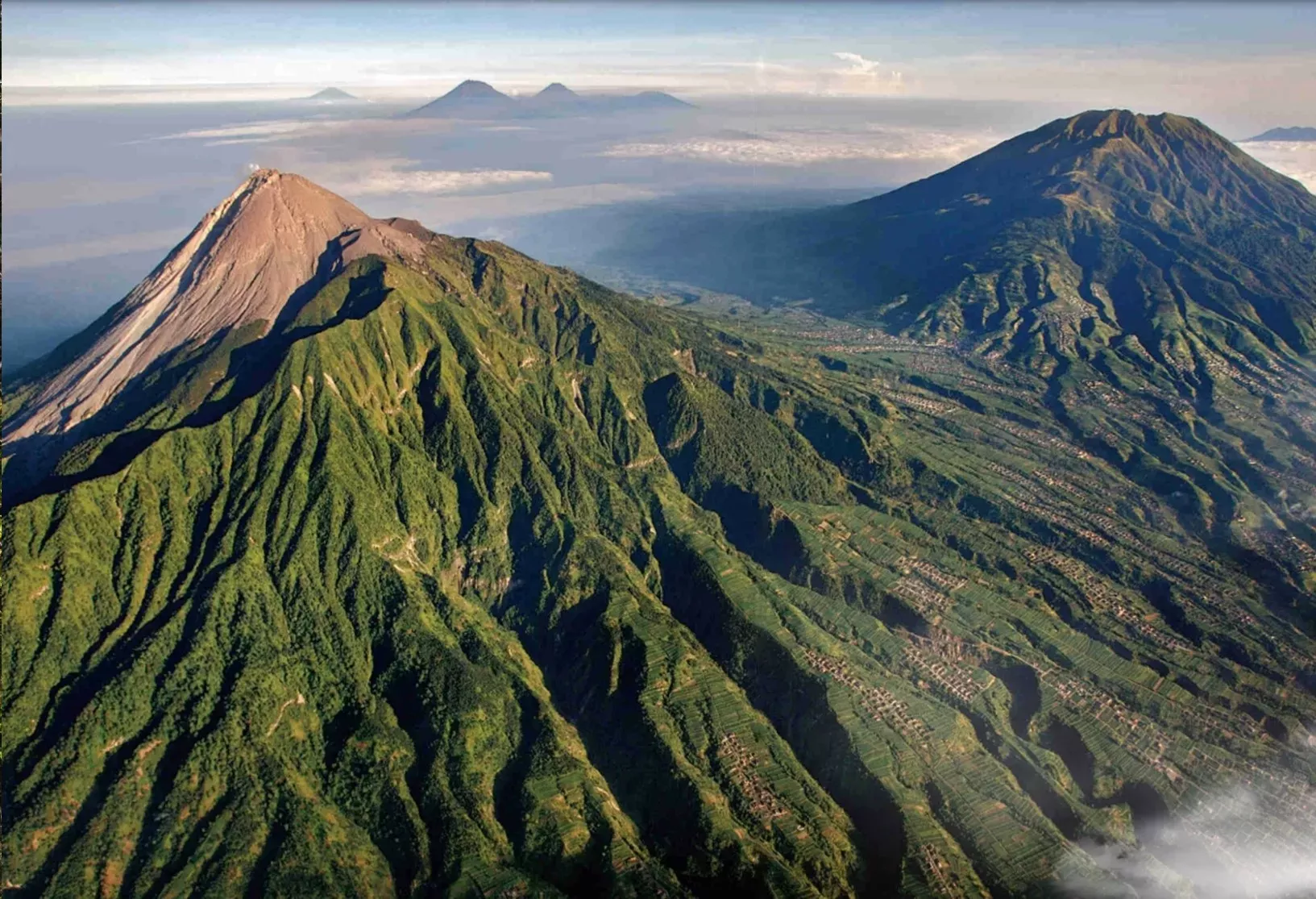
Ground-breaking scientific discoveries
Indonesia inspired revolutionary discoveries in the world of evolutionary science.
Whilst exploring the Indonesian archipelago, Alfred Wallace developed his theory of evolution at the same time Charles Darwin was formulating his own ideas.
Wallace noticed a sharp divide in the distribution of animals in the Indonesian archipelago.
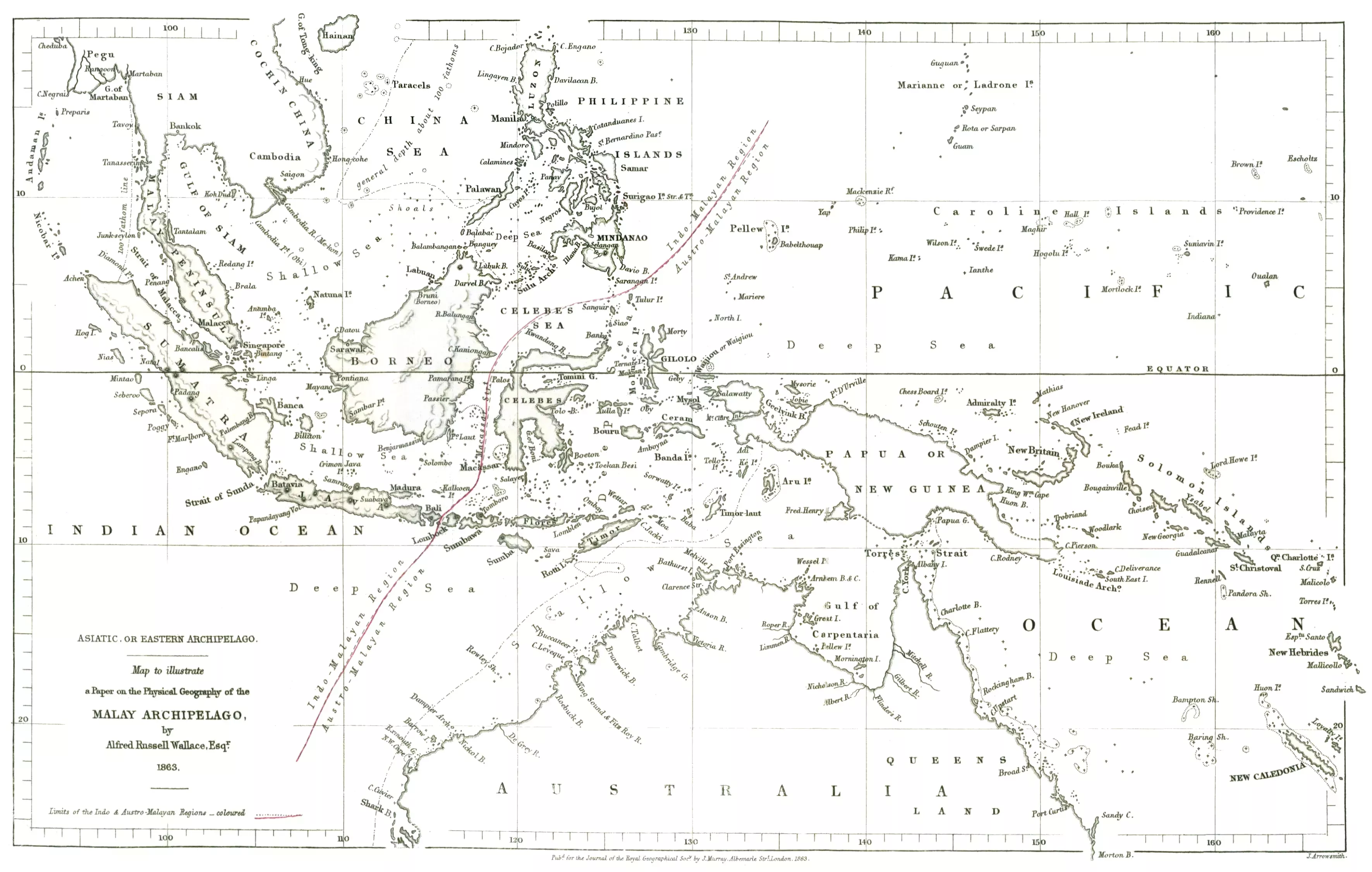
On the western side of the divide are Asian animals such as orangutans (Pongo spp.) and tigers (Panthera tigris sondaica).
Whilst Australasian animals such as marsupials and white cockatoos (Cacatua alba) live on the eastern side of the divide.
This division became known as the Wallace Line; the boundary between the Asian and Australasian ecozones.
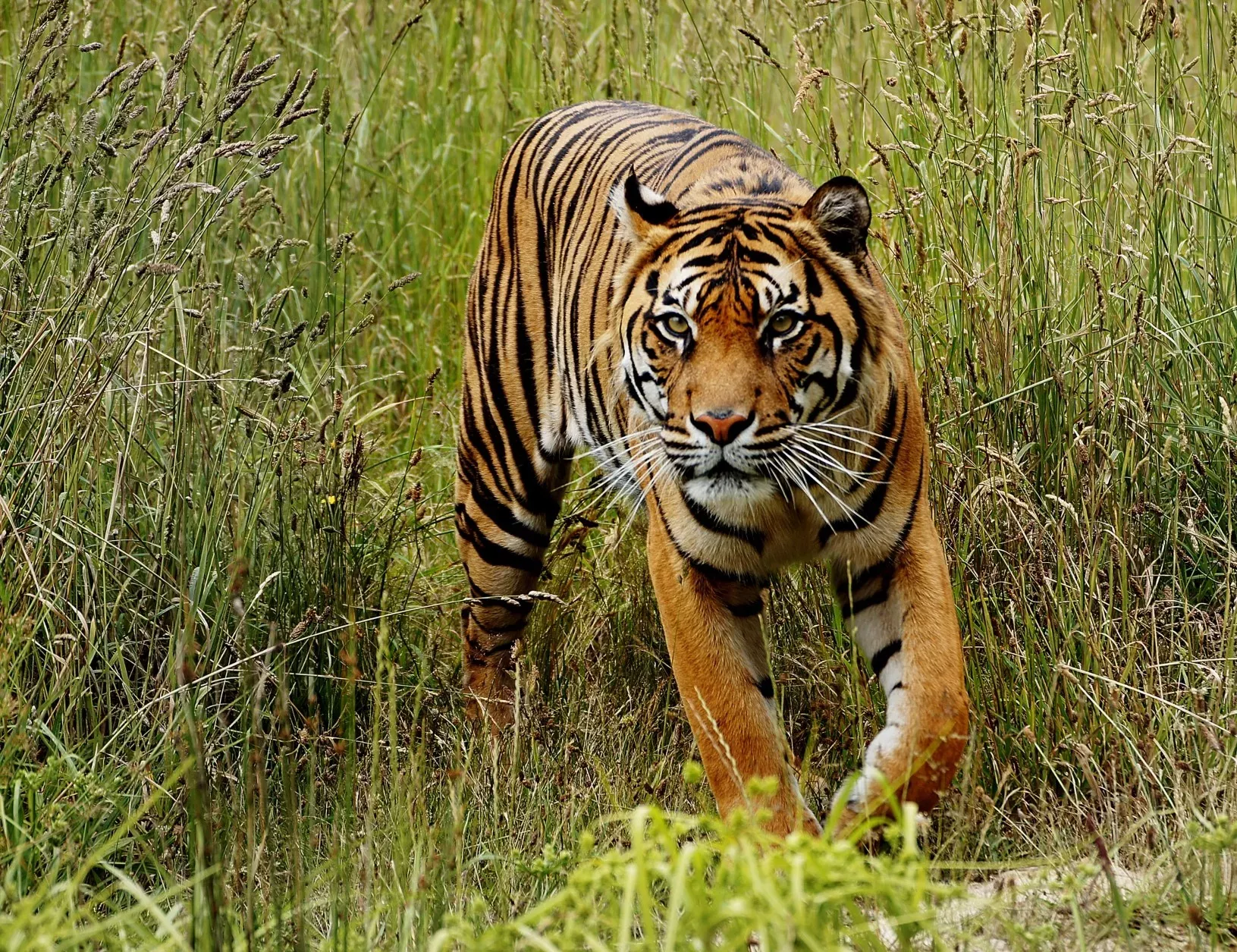
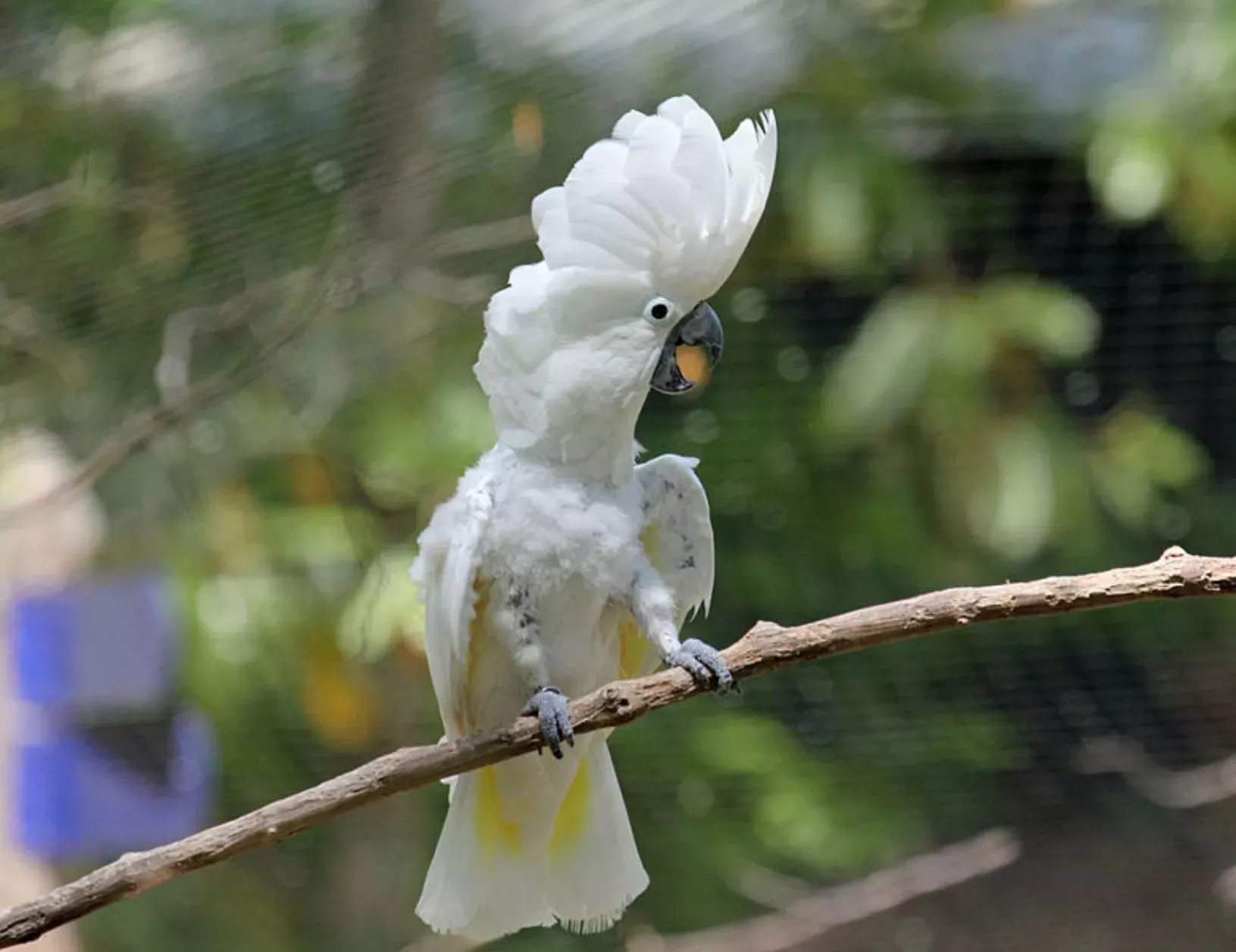
Fighting the extinction crisis
Indonesia’s rich biodiversity is under threat and its species are at risk of extinction due to illegal trade, rapid human population growth, illegal logging, forest fires and land development.
Climate change is also placing immense pressure on Indonesia’s biodiversity, where a rise in temperature by just 1°C can completely change the functioning and composition of forests.
Here at Kew, we have many projects that are helping to prevent extinction of plant species and biodiversity loss in Indonesia.
Our scientists and Indonesian partners are trying to identify the most important areas in Indonesia for plant diversity. We are exploring remote places to help discover and document species new to science.
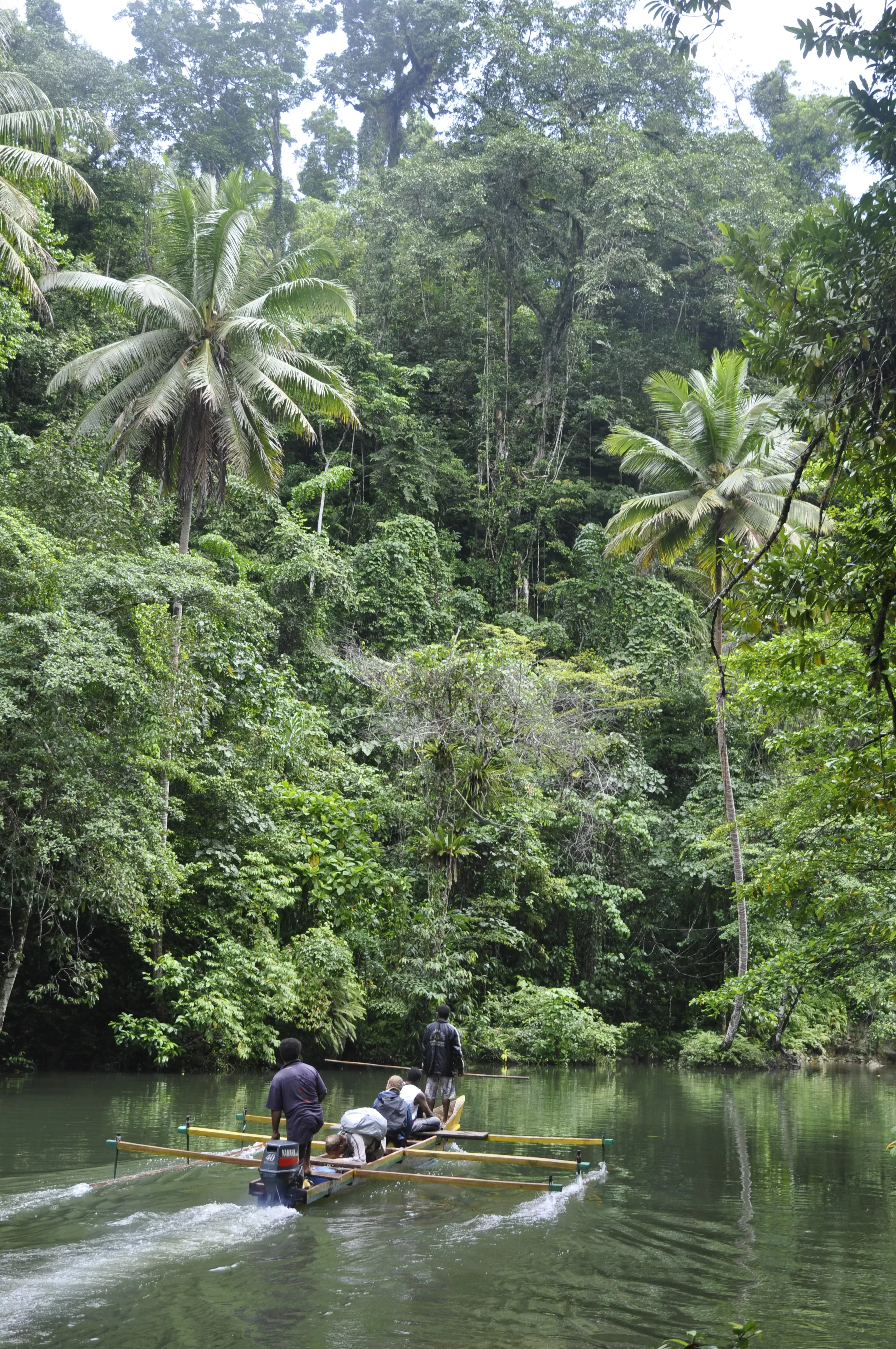
We are also helping to regulate the trade of plants across borders and protect threatened species from being traded illegally.
With the help of Bogor Botanic Gardens in West Java, Kew’s Millennium Seed Bank stores the seeds of many Indonesian plant species for long-term conservation.
This work is vital to protect the amazingly diverse and unique Indonesian plants so that they can continue to be enjoyed by generations to come.
